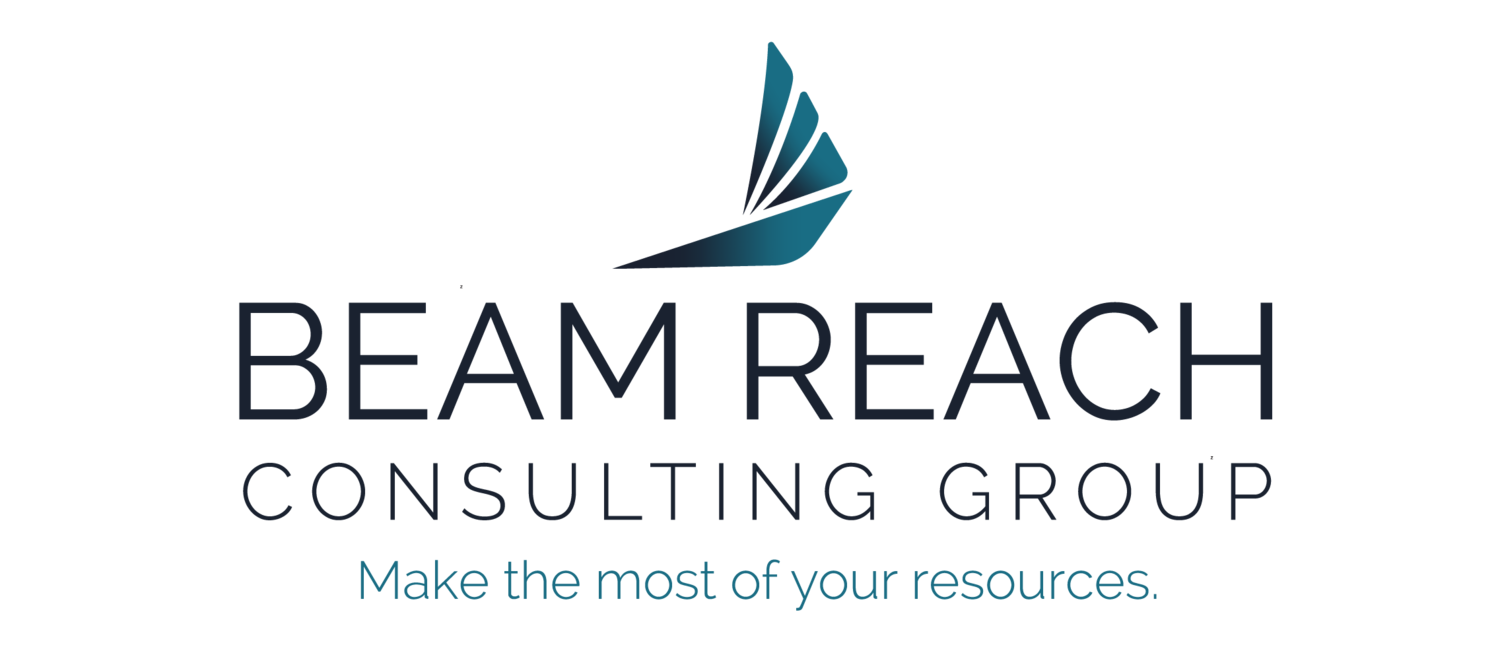Stay on Task
Keeping a team focused and driven through a response effort is a significant challenge. Rarely are the members of the response team dedicated solely to the response effort, so you are often competing with conflicting priorities that may come from more direct supervisory authority. Organizations on the team may have different expectations of the level of development of material required or parties responsible, and come with different organizational cultures of how response efforts are run (if they have indeed engaged in response efforts. Careful consideration of tasks, delegation of work, frequent and clear communication of expectations and progress, and tools that can help manage these moving parts comprise a thorough approach for aligning efforts
Manage expectations: Organizations new to response development may not know what to expect or when as the response is developed and revised, and you might need to manage expectations of what is due, when it is due, and what level of development you expect from their product. Even seasoned organizations may need expectations managed, due to different organizational cultures or perceptions of suboptimal division of labor or responsibility in an effort.
Devise, distributed and update a schedule: From the very first team meeting, you need to have a firm schedule that builds back from the FOA due date to the present and allows sufficient time for collection and assembly of data, drafting of text and graphics, critique and review of the draft response (multiple rounds are preferable), time to incorporate revisions suggested by the review teams, and time to assemble and submit the finished response with ample time to address technical challenges that inevitably arise.
Review stages are the best opportunity to improve the response: Targeted reviews—either following industry-standard Pink, Red, Green, etc., stages or a custom structure devised for an effort—are not just a means for accountability to organizational executives or a stage-gate review that you have “to just get through.” Reviews should be tailored to interrogate different facets of the response (e.g., one can focus on compliance with the FOA, another on the presence or prominence of win themes) and thereby produce different focuses for critique to strengthen the response. An optimal approach is to recruit outside subject matter experts—authorities in some aspect of the project or with insight into the motives of the funding agency—that are not members of the team and therefore possessing an unbiased (and, ideally, insightful) criticism not influenced by the dynamics of the team to-date.
Create a compliance checklist
Check in frequently, using all of the above tools


